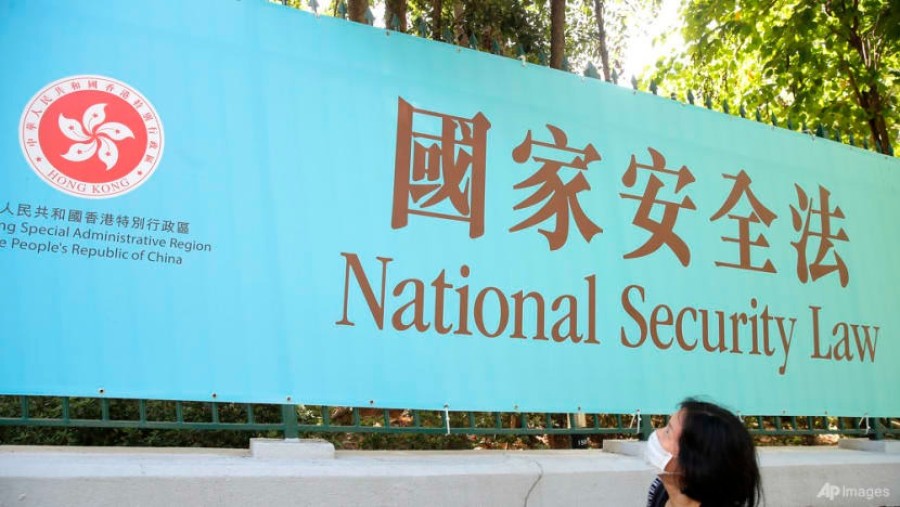Hong Kong leaders start legislative push to tighten national security laws
30 January, 2024

Hong Kong's leader confirmed on Tuesday (Jan 30) his intention to pass fresh national security laws soon, adding insurrection and other crimes not covered by existing legislation imposed by Beijing four years ago.
Some business people, diplomats and academics are watching developments closely, saying the prospect of new laws targeting espionage, state secrets and foreign influence, known as Article 23, could have a deep impact on the global financial hub.
A consultation document will be released later on Tuesday, Chief Executive John Lee said, and the government will attempt to pass the legislation "as soon as possible".
"Why now? We can't wait. We can't afford to wait any longer," Lee said.
"While we, society as a whole, looks calm and looks very safe, we still have to watch out for potential sabotage, undercurrents that try to create troubles," he said, saying some foreign agents could still be active in Hong Kong. Lee said freedoms would be safeguarded and the laws would meet international standards. Security chief Chris Tang said the package would include sections covering state secrets and espionage, treason, sedition and the use of computers and electronics systems to conduct actions endangering national security.
Massive protests rocked Hong Kong in 2019, bringing hundreds of thousands of people to the streets to call for greater freedoms.
In response, Beijing imposed a national security law in 2020 to punish four major crimes – secession, subversion, terrorism and collusion with foreign foreign forces – with sentences ranging up to life in prison.
Since the British handed Hong Kong back to China in 1997, the city has been under a "One country, two systems" regime, in which the legal and court structures are separate from the mainland.
Under its mini-constitution, known as the Basic Law, Hong Kong is required to make its own law combating seven security-related crimes, including treason and espionage.
The last legislative attempt in 2003 was shelved after half a million Hong Kongers took to the streets to protest the move.
Some legal scholars say that as local laws, the new legislation could sharpen the at times vaguely worded 2020 law, and older colonial-era laws considered unworkable.
"It almost certainly will set red lines where the existing laws are vague, particularly in defining state secrets and espionage,” said Simon Young, a professor at the University of Hong Kong's law school.
Tougher penalties against sedition, a colonial-era law which currently carries a two-year sentence, are also expected in the package.
Source: www.channelnewsasia.com
